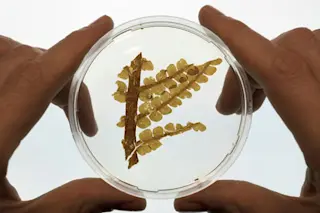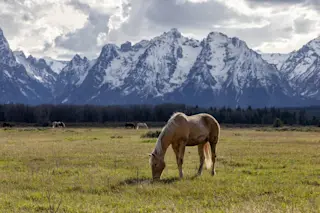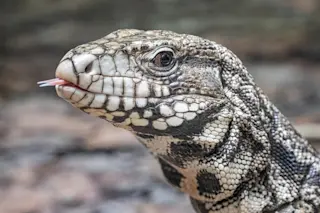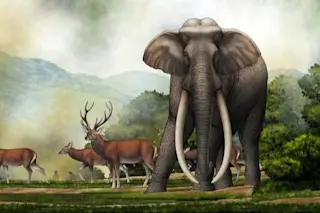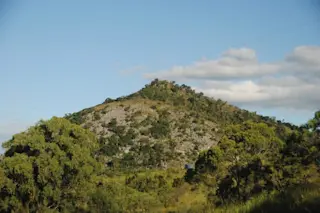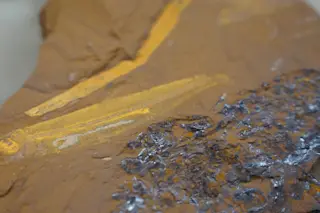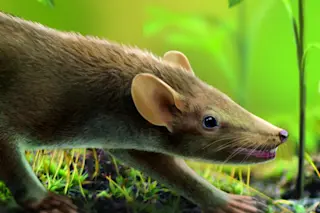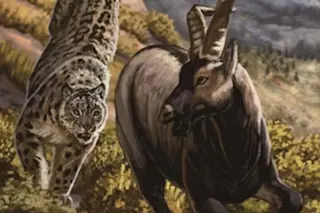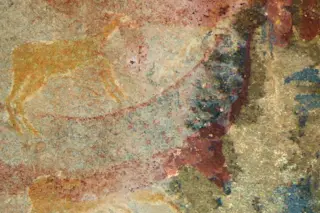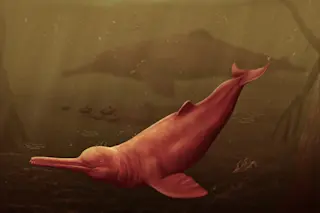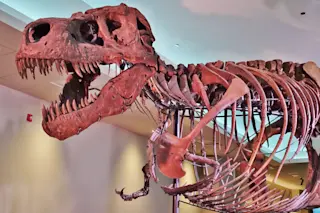(Credit: Palaeobotany Research Group Münster) This isolated fragment of an extinct seed-fern was removed from the ancient rock encasing it with the help of a strong acid, then cleaned, bleached and mounted for study. It’s one of several remarkably well-preserved plant fossils uncovered on the eastern shore of the Dead Sea in present-day Jordan. The area has been dubbed a “hidden cradle of plant evolution” by the study authors, whose research appears in the journal Science. The diverse collection of more than 250 million-year-old fossils includes the oldest ancestor of the pine tree, pushes back several plant lineages, and suggests other plants may have actually survived the Permian mass extinction, which scientists also call "the Great Dying."
SNAPSHOT: Plants That Survived Earth's 'Great Dying'
Discover fascinating plant fossils from the Dead Sea, revealing a hidden cradle of plant evolution and ancient lineages.
More on Discover
Stay Curious
SubscribeTo The Magazine
Save up to 40% off the cover price when you subscribe to Discover magazine.
Subscribe

